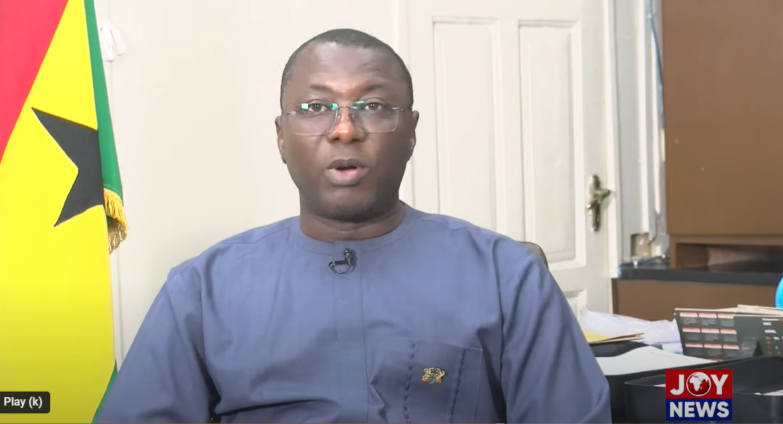Insurance firms have reduced their investments in Government of Ghana (GOG) securities and Bank of Ghana (BoG) bonds.
This decision is due to the significant impact of the Domestic Debt Exchange Programme (DDEP) on their income.
According to Financial Stability Review, the non-life or general insurance sub-sector experienced a decline in its allocation to government securities, with holdings in GOG and BoG securities decreasing by 13.0%, reducing the share of GOG and BOG securities in the total investment portfolio from 38% in 2022 to 27% in 2023.
In the non-life sub-sector’s investment distribution, fixed deposits made up 23%, while listed securities and investment properties constituted 27.0% and 19.0%, respectively.
Similarly, the life sector saw a slight decrease in its investment in GOG and BOG securities by 9.0%, bringing its share in the investments mix down to 40% in 2023 from 49% previously.
This reduction, the report stated reflected a strategic shift possibly as a direct response to the ramifications of the DDEP initiative.
Notably, the life sector’s investment in properties edged up by 1.0 percentage point, reaching 23.0%, and fixed deposits climbed to 21.0%, marking an 8-percentage points increase in 2023.
Again, the reduction observed shifts in investment strategies suggest that the insurance industry’s future hinges on the ability of insurers to adeptly diversify their investment portfolios.
“Achieving optimal returns amid ongoing operational cost rationalisation is crucial for maintaining core profitability. The industry’s adaptive measures in response to dynamic economic conditions highlight the importance of strategic investment decision-making to sustain growth and resilience”. The report added.
NIC optimistic of future of insurance industry
Meanwhile, the NIC views the future of insurance industry with optimism, grounded in the industry’s demonstrated resilience and strategic foresight.
While the adoption of IFRS 17 presents a notable challenge, with potential implications for the CAR across the industry, the NIC said it remained proactively prepared and has developed and implemented comprehensive strategies in that regard.
It added that the NIC’s commitment to strategic planning and periodic revision as well as maintaining regulatory compliance will ensure the industry’s financial health and stability are preserved
Latest Stories
-
REMAPSEN celebrates 5 years of championing health and environmental awareness across Africa
2 hours -
I served with diligence and honesty; I am willing to defend my NSS tenure in court – Mustapha Ussif
2 hours -
Afenyo-Markin challenges Ahiafor’s sub judice ruling, calls it ‘dangerous precedent’
4 hours -
Mahama instructs Armed Forces to escort all vehicles in Bawku area
4 hours -
African artists, global awards, and the fight for visibility
4 hours -
This Saturday on Newsfile: GRNMA strike, ORAL probe into NSA, shut down of 64 radio stations
4 hours -
19 arrested in raid on drug and robbery dens at Kasoa Dominase, Onion Market
5 hours -
Luv FM High Schools Debate heats up as top schools advance to Round of 16
5 hours -
Asantehene urges chiefs to offer lands as equity for farming
5 hours -
GhanaFest Alberta 2025 launch ignites diaspora business momentum
6 hours -
22-year-old hearing-impaired man allegedly dies by suicide after rape accusation
6 hours -
CAETE 2025: MDF seals 10k jobs deal with China’s Yixintai Group
6 hours -
Climate Change: AGN Chair emphasises importance of Africa’s unity in global negotiations
7 hours -
TV stations risk prosecution over pirated content – Copyright Office warns
7 hours -
Anointed Engineering donates ‘Borla Macho III’ tricycle to support sanitation drive in Accra
7 hours

